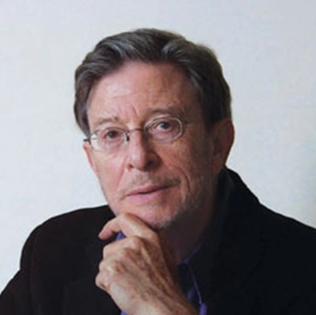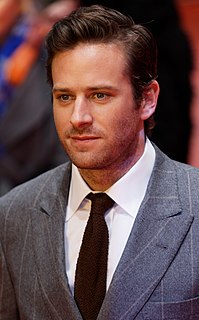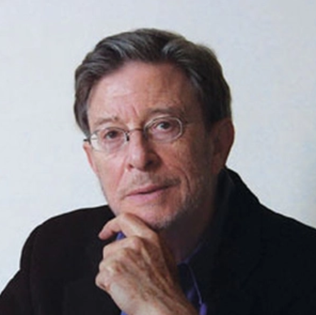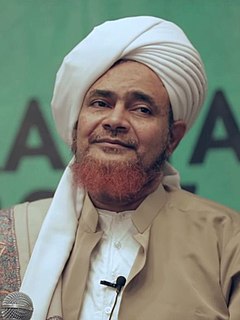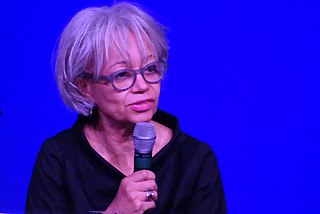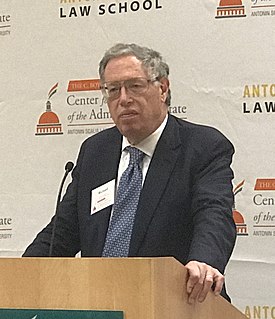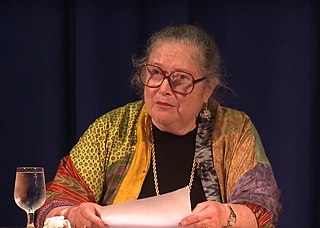A Quote by Stephen F. Cohen
Mikhail Gorbachev's historic leadership, which transformed Russia and international relations, cannot be fully understood without the diary-memoir of Anatoly Chernyaev, one of his most important advisers and closest confidants. Splendidly translated, edited, and introduced by Robert English and Elizabeth Tucker, his Six Years with Gorbachev is now available to everyone who wants to comprehend those final momentous events of the twentieth century.
Quote Topics
Available
Cannot
Century
Closest
Comprehend
Diary
Edited
Elizabeth
English
Events
Everyone
Final
Fully
Gorbachev
His
Historic
Important
International
International Relations
Introduced
Leadership
Memoir
Momentous
Most
Now
Relations
Robert
Russia
Six
Those
Transformed
Translated
Twentieth
Twentieth Century
Understood
Wants
Which
Without
Years
Related Quotes
Gorbachev's administration was amazingly politically naïve, inexperienced and irresponsible towards the country. It was not governance but a thoughtless renunciation of power. The admiration of the West in return only strengthened his conviction that his approach was right. But let us be clear that it was Mikhail Gorbachev, and not Boris Yeltsin, as is now widely being claimed, who first gave freedom of speech and movement to the citizens of Russia.
If we talk about changes of power in Russia, that has occurred several times in the past century. After Stalin came Khrushchev, who implemented his legacy quite radically, one could say. But there was no blood, nonetheless. After Brezhnev came Gorbachev. I'm not talking about the ones who were in power for only a short period of time. Gorbachev, too, left a very radical legacy.
Stalin, of course, never went on trial, but his legacy did. In 1956, three years after his death, he was denounced by Nikita Khrushchev. And his crimes were even more explicitly exposed by Mikhail Gorbachev during the late '80s. Yet to many, Stalin remains more legitimate as a Russian leader than anyone since.
He [Mikhail Gorbachev] has, as many great leaders have, impressive eyes....There's a kind of laser-beam stare, a forced quality, you get from Gorbachev that does not come across as something peaceful within himself. It's the look of a kind of human volcano, or he'd probably like to describe it as a human nuclear energy plant.
An old Russian woman goes into Kremlin, gets an audience with Mikhail Gorbachev and says, In America anyone can go to the White House, walk up to Reagan's desk and say, 'I don't like the way you are running the country.' Gorbachev replied, You can do the same thing in the Soviet Union. You can go into the Kremlin, walk up to my desk and say 'I don't like the way Reagan is running his country.'
Here I was in Estonia, doing a concert for 5,000 people, and not many people know the song My Way - Gorbachev in the 80s, My Way had just become a famous song, and [Mikhail] Gorbachev in a satirical, kind of cynical manner coined the term the Sinatra Doctrine and My Way was the song because the Baltic states in the Warsaw Pact wanted to go their own way and secede from the Soviet Union, so joking he says," Yeah, we've got the Sinatra Doctrine now."
